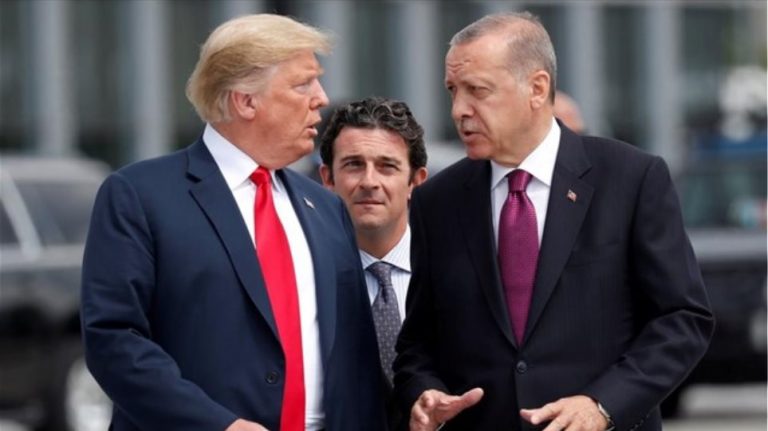Turkey’s recent intervention in Libya is intensifying a proxy war and regional energy competition that threaten vital U.S. interests, while Washington mostly observes from the sidelines.
As fighting grows in the Mediterranean country, the United States urgently needs to assume an overdue leadership role to end or mitigate this spiraling conflict.
The time has come for the United States to assert a crucial leadership role in addressing the Libyan conflict and forestalling Turkish and Russian influence over this strategically-located, energy-rich country on Europe’s doorstep.
Fundamentally, the Eastern Mediterranean must once again become a critical focus for U.S. grand strategy. An enhanced U.S. naval presence in the region and stronger defense cooperation with Greece would be tangible demonstrations, and could help balance Turkey’s aggressive projection of power.
The United States also must appoint a Special Envoy for the Eastern Mediterranean. He or she should work with the Eastern Mediterranean Gas Forum of pro-U.S. countries in the region to develop major recent energy discoveries and create a counterweight to Turkey’s own disruptive offshore claims.
An envoy also should lead diplomatic efforts on a negotiated solution to end or mitigate the Libya conflict and establish a non-Islamist regime that serves Libyan national interests. A viable settlement would have to tackle the military drivers of instability, first and foremost the Turkish and Russian interventions that have intensified the violence over the past year. To the extent possible, the United States should convince fellow NATO members to adopt a unified approach in supporting a negotiated solution.
Michael Schumacher will have a stem cell operation “within days” to regenerate his nervous system
America’s current backbench approach to Libya reflects a broader lack of strategic focus on the region since the end of the Cold War. Significant geopolitical realignments are underway that demand renewed attention.
The region is home to major offshore energy discoveries, and is a main artery for mass migration to Europe and other areas. High-stakes geopolitical rivalry has returned with Moscow’s permanent presence in Syria and growing influence in Libya – including its recent deployment of warplanes to that country.
Ask me anything
Explore related questions





